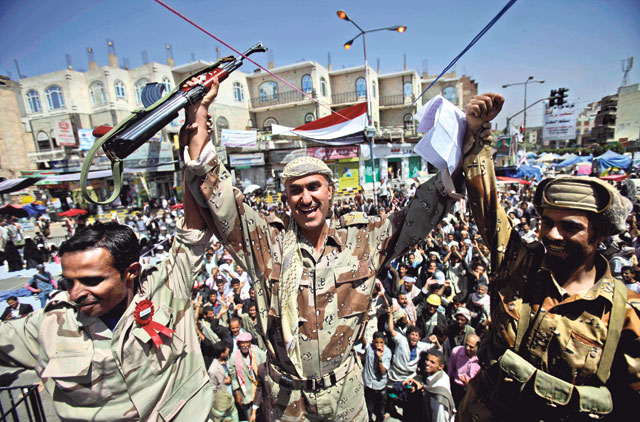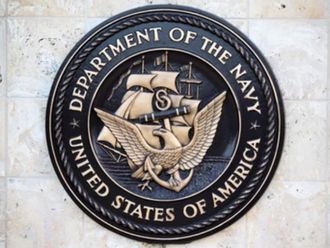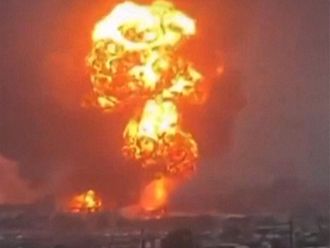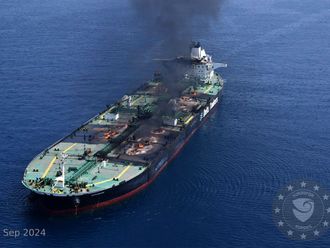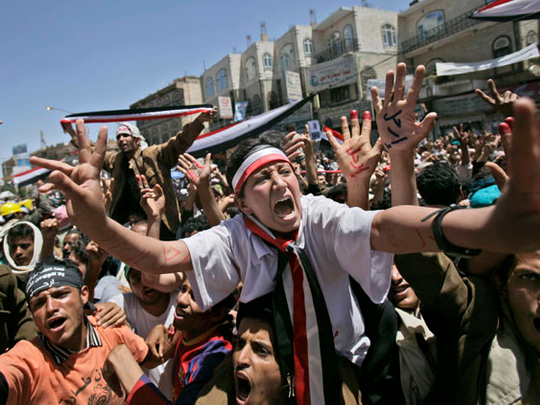
Sana'a: Yemeni President Ali Abdullah Saleh will leave office after organising parliamentary elections by January 2012, refusing to hand over power without knowing who would succeed him, an aide said on Tuesday.
"President Ali Abdullah Saleh said he will hand over power through [parliamentary] elections and the formation of democratic institutions at the end of 2011 or January 2012," Saleh's media secretary Ahmed Al Sufi told Reuters.
"Ali Abdullah Saleh does not seek power. Ali Abdullah Saleh will not leave without knowing who he is handing over to."
Yemen opposition rejected President Saleh's offer to step down by January 2012. Opposition spokesman says coming hours decisive
Earlier, Saleh told army commanders on Tuesday the impoverished Arabian Peninsula state could descend into civil war because of efforts to stage what he called a "coup" against his rule.
Senior army commanders said on Monday they had switched support to pro-democracy activists who have been protesting for weeks, demanding that the veteran ruler stand down.
"Those who want to climb up to power through coups should know that this is out of the question. The homeland will not be stable, there will be a civil war, a bloody war. They should carefully consider this," he said in a speech before commanders.
General Ali Mohsen, commander of the northwest military zone and Saleh's kinsmen from the Al Ahmar clan, said on Al Jazeera on Monday he was backing the protestors and himself warned of civil war if repression of protest continued.
"I say clearly to the brother officers [who resigned] as a result of weakness and media intimidation: The media has terrorised them until they fell like autumn leaves and they shall regret it," Saleh said in the speech, which was later broadcast on Yemeni state television.
In a separate speech to tribal leaders in Sana'a, many of whom say they back the protesters, Saleh repeated his civil war warning and added that the country could face distintegration.
"You have an agenda to tear down the country, the country will be divided into three instead of two halfs. A southern part, northern part and a middle part. This is what is being sought by defectors against the unity," he said, referring to northern Shiite rebels and Al Qaida militants.
Western countries fear the political crisis could hasten a slide into failed nation status for a country that borders the world's biggest oil exporter, Saudi Arabia, and major shipping routes.
One scenario could see the country split into separate zones along tribal, military or regional lines.
Al Qaida has already used Yemen to attempt attacks in Saudi Arabia and the United States in the past two years. The Houthi movement has staged a number of revolts against Sana'a rule.
Defections
Saleh suffered fresh defections on Tuesday when a diplomat and a former minister backed pro-democracy protestors demanding an end to his 32 year-rule.
Abdul Malek Mansour, Yemen's representative to the Arab League, told Al Arabiya television he was siding with the protesters and water and environment minister Abdul Rahman Al Iryani, sacked with the rest of the cabinet on Sunday, said he was joining "the revolutionaries".
The latest defections came after top generals, ambassadors and some tribes on Monday backed anti-government protesters in the Arabian Peninsula state in a major blow to Saleh's efforts to ride out demands for his immediate exit.
France became the first Western power on Monday to call publicly for Saleh to stand down, with Foreign Minister Alain Juppe describing his departure as "unavoidable".
Attention was set to shift to the United States and Saudi Arabia, two key allies who see Yemen as a bulwark against a dynamic Al Qaida network that has made skilful use of Yemen's poverty, tribal system and central government dysfunction.


